A Haven for Health: Lizzie Nelson’s Wellness Vision for Bristol
Reimagining Community Through Architecture
Striking the delicate balance between societal demands and design ingenuity, Lizzie Nelson’s project, A Haven for Health, confronts the real-world challenges of urban inclusion and wellbeing. Nelson, a recent graduate of the University of Nottingham’s acclaimed architecture programme, has positioned herself at the vanguard of social architecture, seeking not just to build structures, but to foster environments that propel communities forward. Her latest scheme, a leisure and wellness centre tailored for Bristol’s vibrant and diverse communities, exemplifies this ethos.
A Multicultural Response: Architecture as a Connector
Bristol, renowned for its patchwork of cultures and histories, presents both inspiration and imperative for the young architect. Nelson’s concept springs from a simple but pressing question: How can design become a true mediator between varied community experiences, cultural practices, and wellbeing needs? A Haven for Health is her response—a place conceived to offer sanctuary, connection, and vitality.
The centre’s guiding principle is openness. Nelson describes her design as “an architectural embrace—one that extends outwards to all who seek it, breaking down boundaries and celebrating difference.” The plan eschews restrictive divisions in favour of permeable spaces, with a sequence of light-filled atria and interconnected courtyards that encourage spontaneous meeting, movement, and shared experience.
From Ground Up: Spaces for Healing and Gathering
Central to the project is its spatial organisation. The building interweaves indoor and outdoor programs, each zone carefully attuned to varying levels of activity and tranquility. A vibrant arrival plaza acts as both threshold and gathering ground—a place for markets, festivals, or everyday encounters, reflecting Bristol’s public spirit. From here, visitors move through a series of flexible communal rooms: meditation and yoga studios, fitness facilities, therapy suites, and shared kitchens for healthy cooking workshops.
Green roofs and a publicly accessible garden thread across the site, bringing urban agriculture and biodiverse plantings into daily life. “I wanted to dissolve the dichotomy between leisure and wellness, making both accessible and aspirational for everyone,” Nelson explains. “The gardens are open to all—somewhere to breathe, exercise, or simply sit with a neighbour.”
Designing for Diversity: Cultural Nuance in Practice
What sets Nelson’s project apart is her sensitivity to the needs of different identity groups. Informed by extensive engagement with Bristol communities—through interviews and participatory workshops—her design includes multi-faith prayer rooms, non-gendered changing facilities, and adaptable event spaces. Art displays curated in partnership with local artists rotate regularly, ensuring the building itself becomes a canvas for cultural expression.
Materiality is equally considered. The palette draws inspiration from Bristol’s industrial heritage—brick, timber, and steel—offset by bold splashes of colour that reference global textile traditions. Large, operable windows and clerestories offer abundant natural ventilation and daylight, creating rooms that uplift and energise. Sustainability is woven throughout, with rainwater harvesting, solar panels, and ultra-low-energy standards setting a new benchmark for civic buildings in the region.
From Studio to Street: Recognition and Community Impact
Though a student project, A Haven for Health has already begun to spark conversation in both academic and professional circles. The proposal received commendation at the University of Nottingham’s End of Year Exhibition, with jurors praising its empathy-driven process and technical clarity. Community leaders in Bristol have shown early interest, recognising Nelson’s potential to shape the city’s future civic architecture.
“It would fundamentally shift the focus from exclusive facilities to true public assets,” said one local councillor. “Spaces like this make wellbeing visible and available, not just for a few, but for everyone.”
Forging a Path: Lizzie Nelson’s Next Steps
With her thesis complete, Nelson is eager to bridge the gap between visionary schemes and buildings that genuinely serve city residents. Her ambition is to collaborate with practices and agencies that share her commitment to social value and participatory design. She’s particularly keen to explore how post-occupancy evaluation can inform more nuanced, ongoing improvements in community space design.
For those equally passionate about the intersections of architecture, health, and social justice—or for anyone seeking insight into the next generation of civic architecture—Nelson’s work is a source of inspiration and a call to action.
Connect with Lizzie Nelson
Whether you’re a potential collaborator, mentor, or simply wish to follow the evolution of A Haven for Health, Lizzie Nelson is open to conversation. She can be reached directly via LinkedIn, or by email at lizzienelson123@gmail.com.
Nelson’s project stands as both a prototype and a provocation: How might our cities transform if, instead of barriers, we built havens? In Bristol, and beyond, she invites us to imagine and realise that possibility—one community at a time.

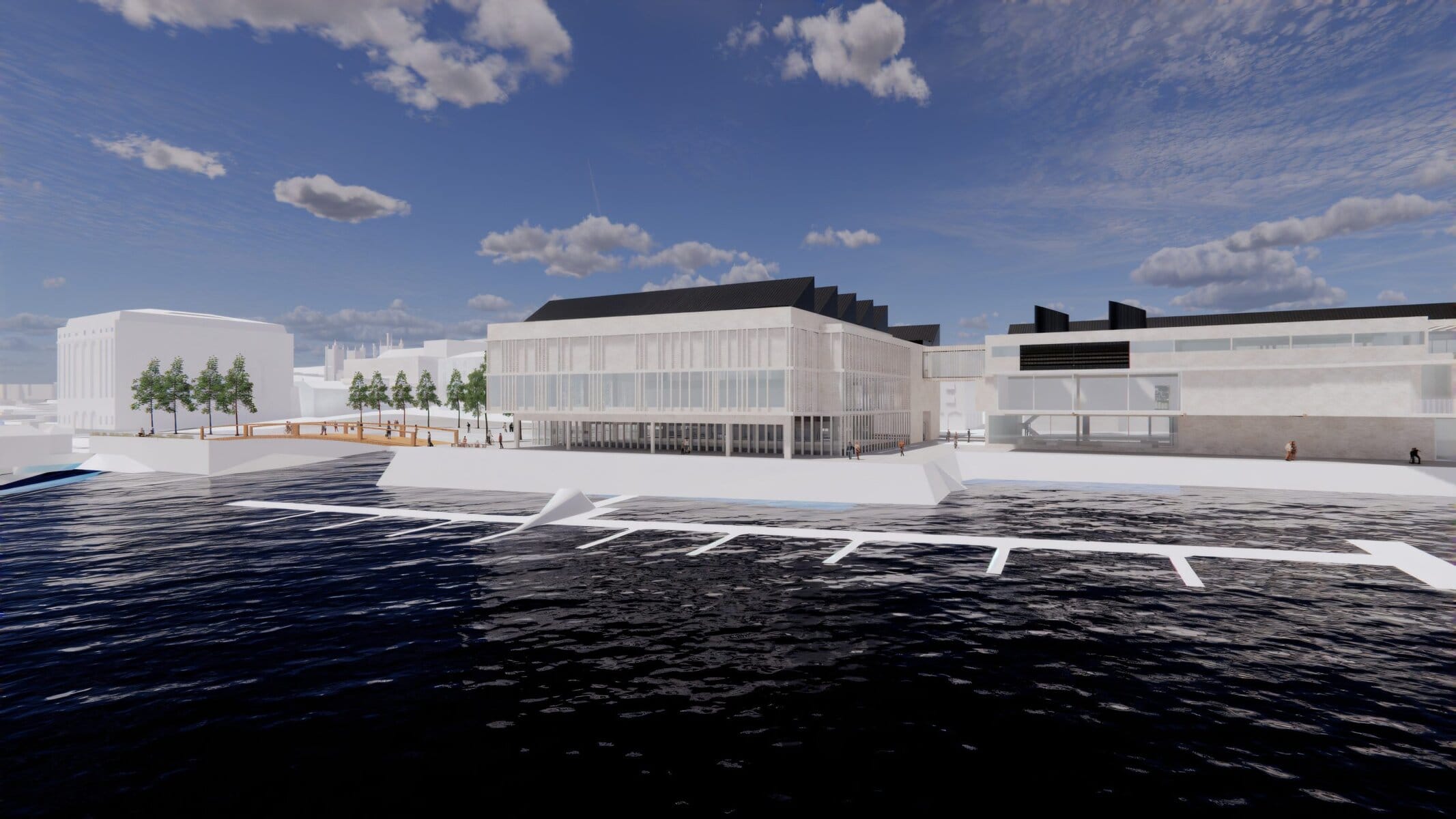

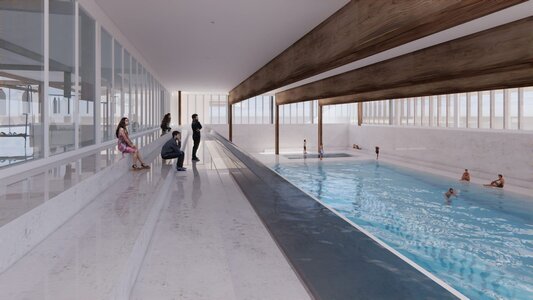
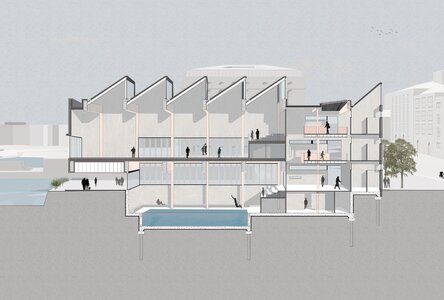
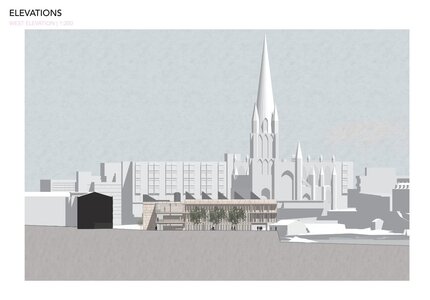
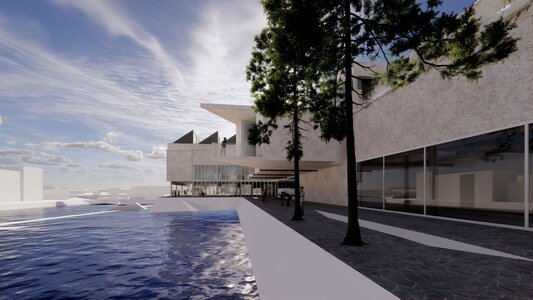
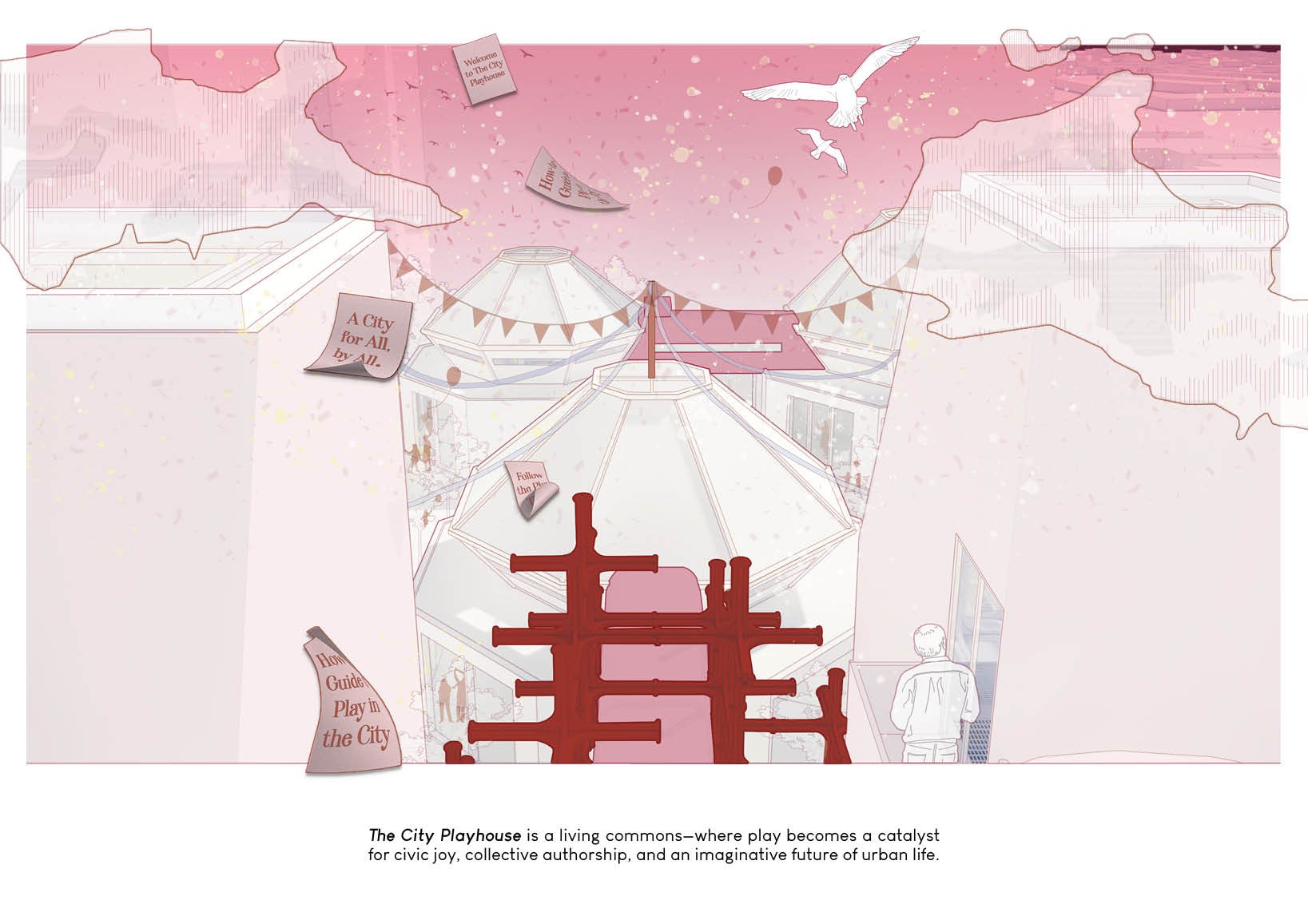
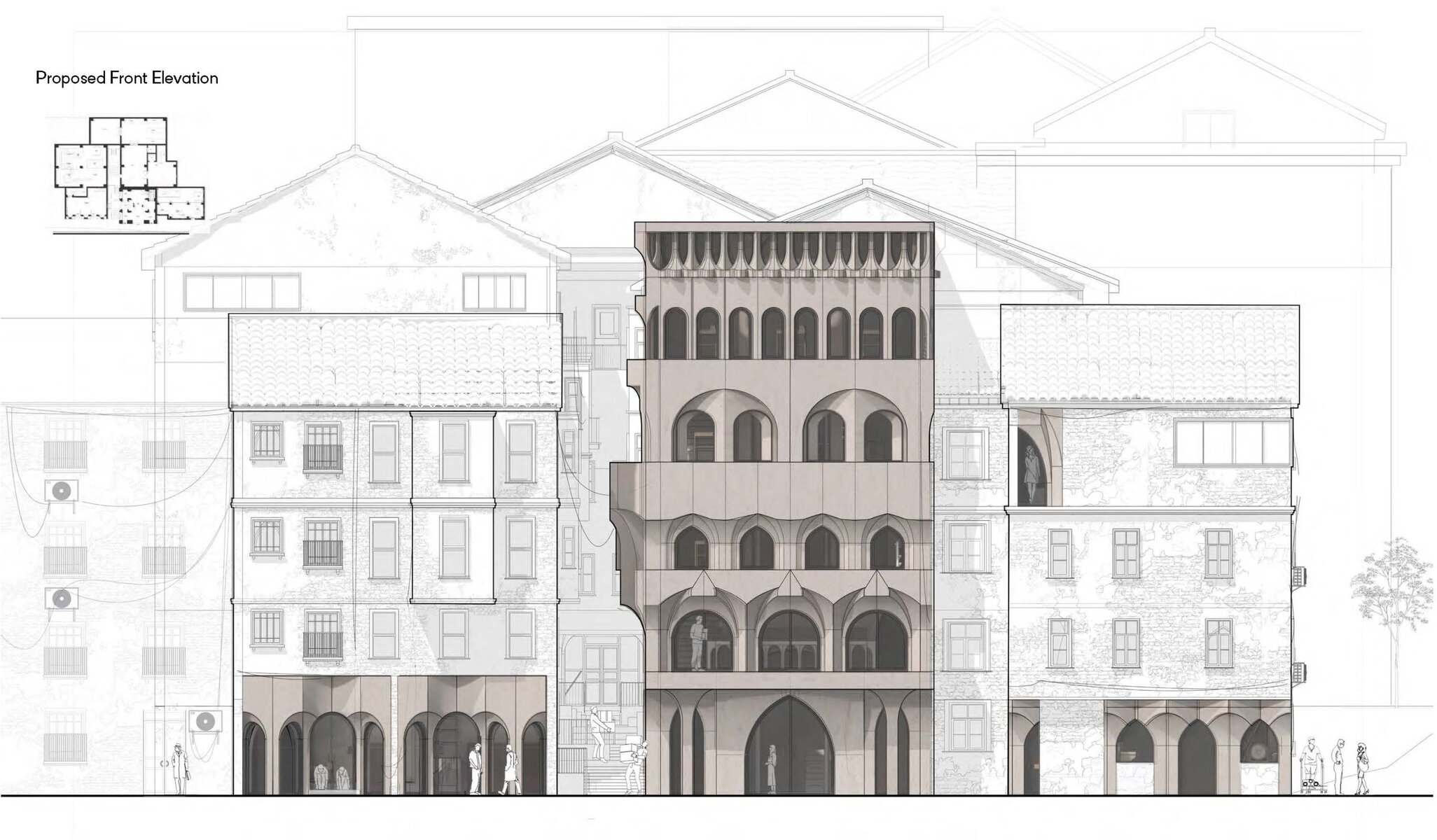


Add a comment